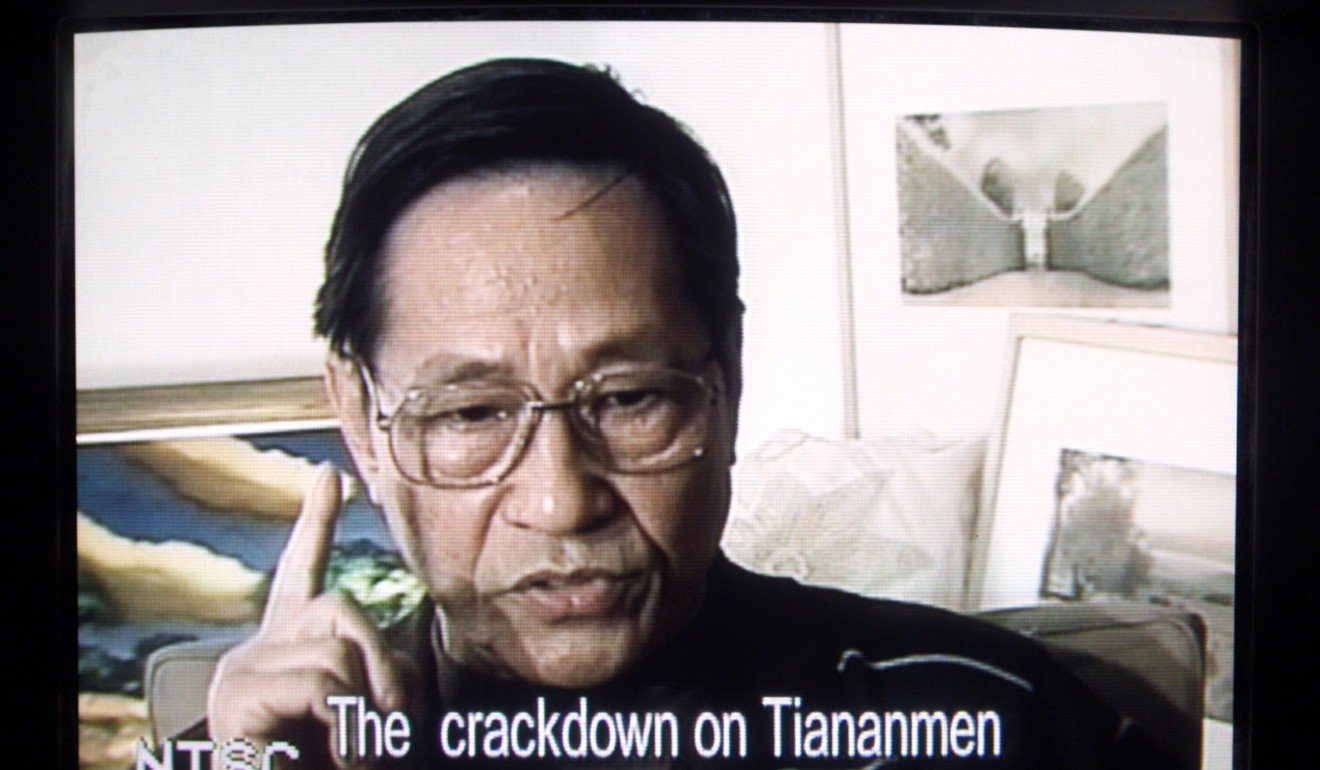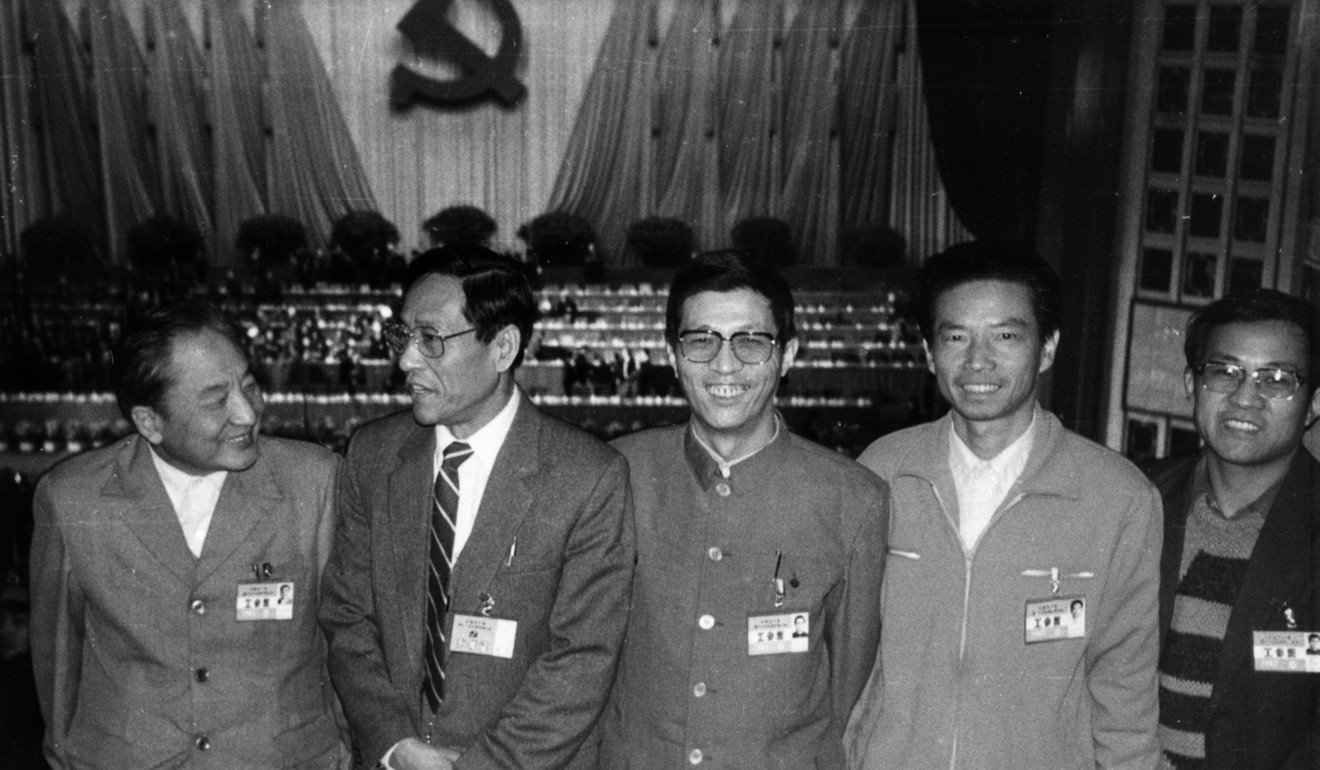
Exclusive | Beijing policies pushed young Hongkongers towards localism, Tiananmen sympathiser Bao Tong says
Most senior Communist Party official jailed in 1989 says he understands why younger generation is turning away from June 4 candlelight vigil
It is “understandable” for Hong Kong youngsters to shun the annual candlelight vigil to mark the Tiananmen crackdown given their overall frustration with Beijing after the Occupy protests, says Bao Tong, the most senior Communist Party official jailed in 1989.
In a telephone interview with the South China Morning Post last month, the former top aide to ousted party leader Zhao Ziyang said the Chinese leadership bore the biggest responsibility for the rise in recent years of anti-Beijing localism among Hongkongers.
Beijing has blamed Hongkongers for harbouring anti-China thoughts and called for national security laws to be enacted.
Bao challenged the claim. “The rise of localism is very obvious. I think it speaks of nothing but Hong Kong’s disappointment in Beijing’s failure to deliver its promise of ‘Hong Kong people ruling Hong Kong’ and a high degree of autonomy,” he said.

The growing localist sentiment has seen more Hong Kong people, especially those born after the crackdown, shy away from the only major memorial permitted in the country. They consider the motto of building a democratic China, a reference to calls made in 1989, as unrealistic and irrelevant to them.
It’s their evaluation of Beijing’s policies, and the result is – failed
The candlelight vigil on Sunday will for the first time be boycotted by all the main university student unions.
“I think mainland Chinese people are grateful for the candlelight vigils in Victoria Park every year,” Bao, 85, said. “They also understand Hong Kong’s dissatisfaction with the central government.”
“If Hongkongers are happy about their liberty and democracy, why would they want independence?” asked Bao, who was the director of Beijing’s top office overseeing political reform in the 1980s.
“It’s their evaluation of Beijing’s policies, and the result is – failed.”
Beijing could easily undermine pro-independence calls if it satisfied Hong Kong demands for freedoms and democracy, Bao added.

“A high degree of autonomy, in accordance with the Sino-British Joint Declaration, would mean allowing the city to decide all matters apart from diplomacy and defence,” he said.
“These include elections, the arrest of criminals, court rulings, news and publishing.”
Bao, once one of 175 full members of the powerful party central committee, was arrested days before the violent crackdown on June 4, 1989, amid a massive party purge of cadres who sympathised with the pro-democracy movement.
Zhao, the party chief at the time, was dismissed from office and spent the rest of his life under house arrest. As a top aide of Zhao, Bao was expelled from the party before serving seven years in jail for leaking state secrets.
Since his release in 1996, Bao has been under house arrest in Beijing, with limited freedom to travel within the city and receive guests.
According to the latest University of Hong Kong public opinion poll, the support rate for “vindicating June 4” dropped to 55 per cent, the lowest since 2006.
Twenty-two per cent say the Tiananmen students were wrong, the highest level since the start of the survey 25 years ago.
Some 58 per cent of the 1,003 respondents agreed Hongkongers were responsible for China’s democratisation, against 30 per cent who believed otherwise.


